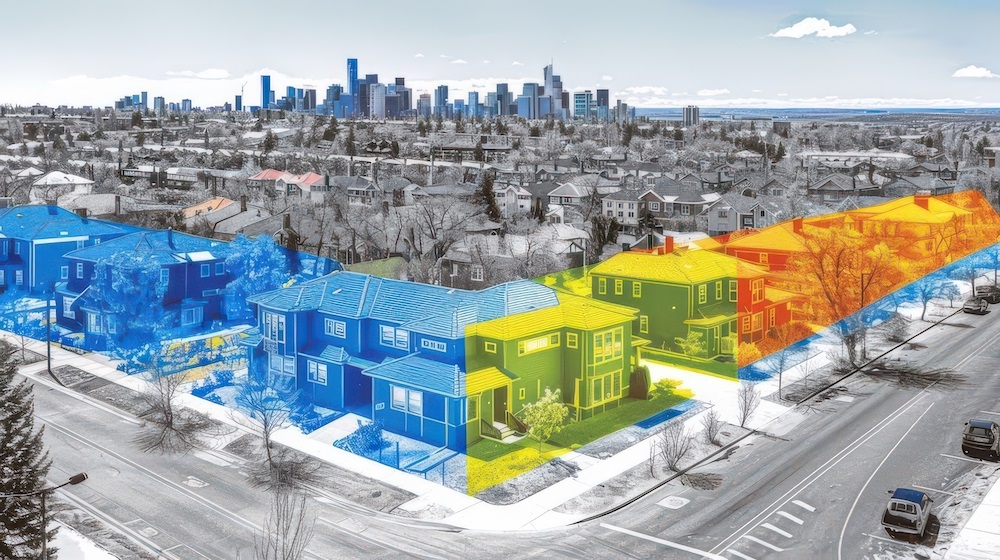
Your Guide to Navigating Real Estate Regulations
August 15, 2024
Real estate rules can be hard for even experienced investors.
These guidelines keep the property market safe and organized. Not following them can lead to fines, legal issues, or project stops.
Today, we'll help you understand & apply these policies.
Why Real Estate Regulations Are Hard
Why Are Real Estate Regulations Complex?
Real estate rules cover many areas, like property deals, building, and use.
These regulations change from place to place, making them hard to follow. They include zoning laws, building codes, and environmental policies.
Each requirement has a purpose, like safety, sustainability, or community protection.
Why Following Regulations Is Important
Following real estate rules is more than avoiding fines.
It's crucial for safety, legality, and project success. Building codes ensure safety and habitability. Zoning laws prevent conflicts.
Not following guidelines can cause legal problems, and delays, and hurt your reputation.
Local Zoning Laws: What to Know
What Are Zoning Laws?
Zoning laws say how property in specific areas can be used.
They separate different land uses to prevent conflicts and promote order.
Zoning laws include the types of buildings allowed, the density of development, and allowed activities.
Common Zoning Law Types
- Residential Zones: For housing like single-family homes and apartments.
- Commercial Zones: For businesses like stores, offices, and restaurants.
- Industrial Zones: For manufacturing and warehouses.
- Mixed-Use Zones: For a mix of residential, commercial, and sometimes industrial uses.
How to Learn About Zoning Laws
To understand zoning laws:
- Visit Local Planning Department: Access zoning maps and policies.
- Online Resources: Check your town's website.
- Consult Experts: Real estate lawyers and zoning experts can help.
- Attend Meetings: Learn about zoning changes and community views.
Following Building Codes
Importance of Building Codes
Building codes ensure public safety by setting construction and occupancy standards.
They cover structural integrity, fire safety, accessibility, energy efficiency, and more.
Following codes is crucial for permits and legal safety.
Common Building Code Standards
- Structural Integrity: Buildings must be stable and strong.
- Fire Safety: Fire alarms, sprinklers, and exits are needed.
- Accessibility: Buildings must be accessible to people with disabilities.
- Energy Efficiency: Standards for insulation, windows, and systems to save energy.
Steps to Follow Codes
To follow building codes:
- Review Codes: Get the building codes from your local government.
- Hire Professionals: Work with architects, engineers, and contractors.
- Do Inspections: Check at different construction stages.
- Stay Updated: Building codes can change, so keep informed.
Getting Permits
Types of Permits Needed
Permits legalize your construction projects.
Common permits include:
- Building Permits: For new construction, changes, or repairs.
- Electrical Permits: For electrical work.
- Plumbing Permits: For plumbing work.
- Mechanical Permits: For HVAC systems.
How to Apply for Permits
To apply for permits:
- Prepare Documents: Gather plans, drawings, and specs.
- Submit Application: Apply online or in person at the building department.
- Pay Fees: Fees vary by project size.
- Schedule Inspections: Ensure compliance at different stages.
Permit Process Challenges
Challenges include:
- Delays: Processing times vary.
- Incomplete Applications: Missing documents slow approvals.
- Non-Compliance: Failing inspections can add costs and delays.
Following Environmental Regulations
Key Environmental Rules
Environmental policies protect natural resources and public health.
Key areas include:
- Land Use: Prevent pollution and manage resources.
- Waste Management: Handle, store, and dispose of waste.
- Resource Conservation: Save water, energy, and other resources.
How to Follow Environmental Policies
To follow environmental standards:
- Do Environmental Assessments: Check your project's impact.
- Use Best Practices: Apply sustainable practices.
- Stay Informed: Keep up with law changes.
- Consult Experts: Work with environmental specialists.
Financing Compliance
State and Federal Financing Laws
Financing laws govern lending and borrowing in real estate.
Key laws include:
- Truth in Lending Act (TILA): Ensures fair lending practices.
- Real Estate Settlement Procedures Act (RESPA): Requires cost disclosures.
- Dodd-Frank Act: Changes financial regulation affecting mortgages.
Tips for Financing Compliance
To comply:
- Know the Laws: Learn state and federal laws.
- Keep Records: Maintain detailed records.
- Seek Legal Help: Work with real estate attorneys.
- Use Reputable Lenders: Partner with established lenders.
Key Points
Understanding real estate regulations and compliance measures is crucial.
We covered:
- Real estate rules complexity and compliance importance.
- Local zoning laws and research tips.
- Following building codes.
- Getting permits.
- Following environmental policies.
- Financing compliance.
Final Thoughts
Real estate policies are complex but essential.
Expert advice is often needed to ensure full compliance. Crowd Lending can help you navigate these rules.
For more, visit the Crowd Lending About Page and our FAQ section.
Extra Resources
For more on real estate regulations, check these resources:
- HUD.gov - Housing regulations.
- EPA.gov - Environmental compliance.
- NAR.realtor - Zoning laws and building codes.
- Building Codes Assistance Project - Building code help.
These links provide detailed and current information on real estate regulations.


